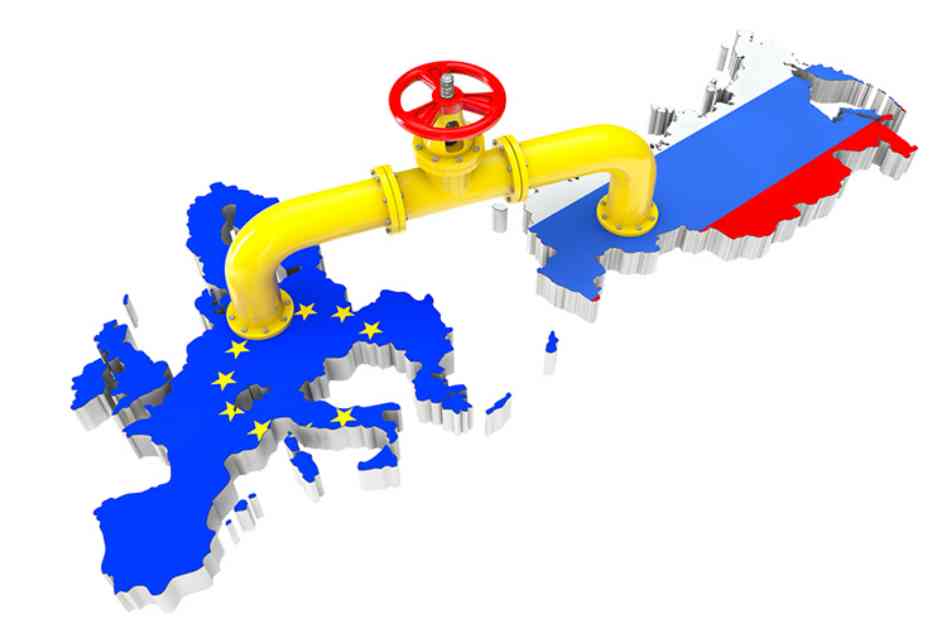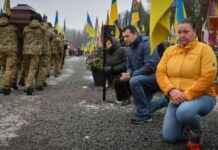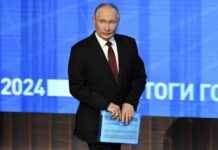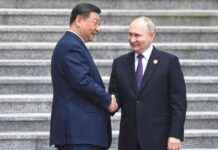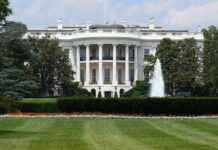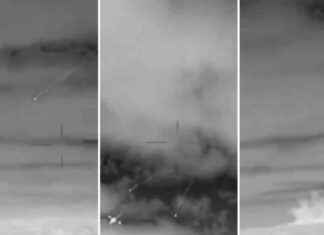In a recent escalation of tensions between Ukraine and Slovakia, Slovak Prime Minister Robert Fico has labeled President Volodymyr Zelenskyy as an “enemy” amid disputes over Russian gas supplies. Fico’s staunch stance in favor of continuing Russian gas purchases has sparked a heated debate surrounding the sovereignty and economic implications of energy dependency on Moscow.
The conflict arose when Ukraine ceased the transit of Russian gas through its territory on January 1, 2025, as a strategic move to curb the revenue flow that Russia derives from gas exports. This revenue has played a pivotal role in funding Russia’s military operations against Ukraine. Consequently, Slovakia has had to resort to alternative means of gas supply, such as sourcing gas through Hungary or tapping into storage reserves.
Fico’s adamant refusal to entertain President Zelenskyy’s proposals for diversifying gas supplies, particularly from Azerbaijan, has further strained the diplomatic ties between the two nations. Fico has even gone as far as to threaten punitive measures, including cutting aid to Ukrainian refugees in Slovakia, disrupting electricity supplies during blackouts, and opposing EU decisions related to Ukraine.
In a bold rebuttal to Fico’s assertions, President Zelenskyy has championed the merits of American liquefied natural gas (LNG) exports to Europe. Zelenskyy emphasized the contrast between the financial costs of American LNG and the broader implications of relying on Russian gas, which extend beyond monetary considerations to encompass issues of sovereignty and independence.
Critics have pointed out Fico’s prioritization of maintaining ties with Moscow over fostering relationships with American and other commercial gas suppliers as a strategic misstep. Zelenskyy has underscored the importance of forging long-term partnerships that bolster collective strength within European nations, advocating for a shift away from dependence on Russian gas.
Amidst the escalating rhetoric, Ukraine’s Foreign Ministry has accused Fico of attempting to deflect attention from domestic challenges by scapegoating foreign entities. The Ministry has highlighted growing unrest within Slovakia against pro-Russian policies and a decline in public trust in Fico’s leadership.
Notably, Progressive Slovakia’s vice-chairman Ivan Štefunko has drawn attention to Fico’s recent meeting with Russian President Vladimir Putin, noting the absence of significant agreements reached during the encounter. Štefunko has posited that the current gas transport issues stem from Putin’s aggression towards Ukraine, suggesting that without such hostilities, the gas predicament would not have arisen.
As the standoff between Ukraine and Slovakia persists, it underscores broader geopolitical shifts in the region and the complex interplay of energy security, political alliances, and economic interests. The divergent approaches of Fico and Zelenskyy towards gas supplies highlight the multifaceted considerations at play in shaping the energy landscape of Europe.
Moving forward, the resolution of this dispute will likely hinge on a delicate balance between economic imperatives, national security concerns, and regional stability. As both nations navigate the complexities of the energy market and geopolitical dynamics, the outcome of this confrontation will have far-reaching implications for the future of energy security in Europe and beyond.
